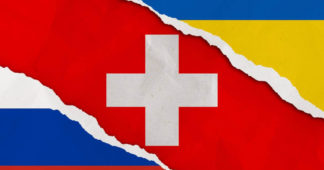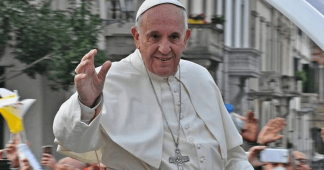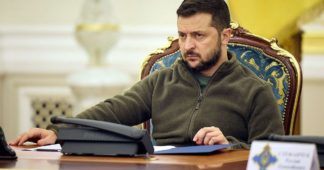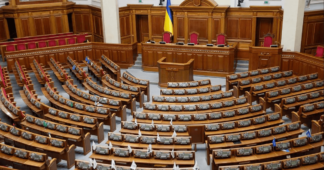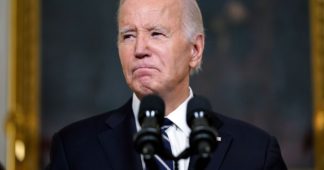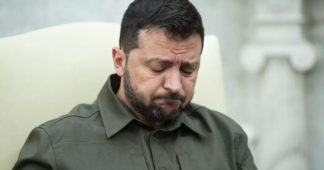by Prof. Dimitris Skarpalezos
February 10, 2024
After the defeat of Napoleon and due to the intrigues of Austria and Metternich and its internal differences, Switzerland was on the verge of a general civil war. There were ethnic and religious differences, especially between French and German speakers and between Catholics and Protestants. Russia, which did not want Austrian influence to increase, appointed Ioannis Kapodistrias https://en.wikipedia.org/wiki/
Kapodistrias contributed to the creation of a confederal constitution that protected all the country’s constituent entities and its neutrality.
The ethnic and religious composition of Ukraine has many parallels with the situation in Switzerland at the time.
Two dominant languages, Ukrainian and Russian, as well as many other small linguistic minorities.
Two dominant religions, Catholic Uniate and Orthodox, and two political sensitivities, one more pro-Western and the other more pro-Russian. Over twenty provinces, or “Oblasts”, with major cities as capitals, each with its own personality.
If the Ukrainian constitution had moved in a “Swiss-style” direction, as the party of ousted president Viktor Yanukovych tended to do, there would never have been a conflict, because the delegitimisation of the Russian language would have been impossible, as would the attempt to join NATO.
The fascist-style attempt after the coup to impose a unified “nation-state” with a “national language” and a historical nationalist narrative that glorified anti-Semitic genocidal slaughterers could only lead to civil war.
Today, after the barbarity of the neo-Nazis in Donbass and other Russian-speaking regions and the bombings that took place even before the Russian invasion, the return of the four “oblasts” partially occupied by Russia to Ukrainian sovereignty is impossible, but only a courageous constitutional change can allow the remaining Russian-speaking provinces to remain on Ukrainian territory.
To find a solution, it is necessary to allow ourselves to produce “utopian” proposals that will open the imaginary path to a viable solution.
Let us see what such a solution could be that would allow the survival, recovery and peaceful integration of Ukraine into a more peaceful world.
Ukraine adopts a constitution very close to the Swiss one
The “oblasts” will be the equivalent of the Swiss states – cantons with corresponding rights. The federal government will be under a collective form like the Swiss, i.e. a small council of seven to nine members representing both the main ethnic and linguistic components of the country, without a one-man executive centre that can easily be bought, blackmailed and led into war situations, as happened with Zelensky.
The legislature will be above the executive, and the parliament will be elected partly on a proportional basis and partly on a local basis, with the possibility of recalling deputies through local referendums of popular initiative at federal and local level. There will be a federal anti-corruption body with judges elected by the oblasts and serving limited terms.
Something similar will be done for the Supreme Constitutional Court. The glorification of people who have committed crimes against humanity, such as Bandera, will be constitutionally prohibited. The country’s army will be limited, with no military agreements with foreign countries, and the country’s economic and military neutrality will be constitutionally guaranteed.
The country’s land will belong to the oblasts and will be granted on a long-term basis to farmers for cultivation. The concessions of agricultural land to foreign companies will be abolished. All debts incurred after the Maidan coup will be considered null and void. The same will apply to all concessions of the country’s industries and minerals to foreign companies.
The transportation of gas and oil from Russia to Europe via Ukraine will begin again, with an additional charge to help rebuild the country.
The European Union and Russia will easily issue visas to Ukrainian citizens and the country, instead of being an apple of discord, will become a bridge between the European Union and Russia.
